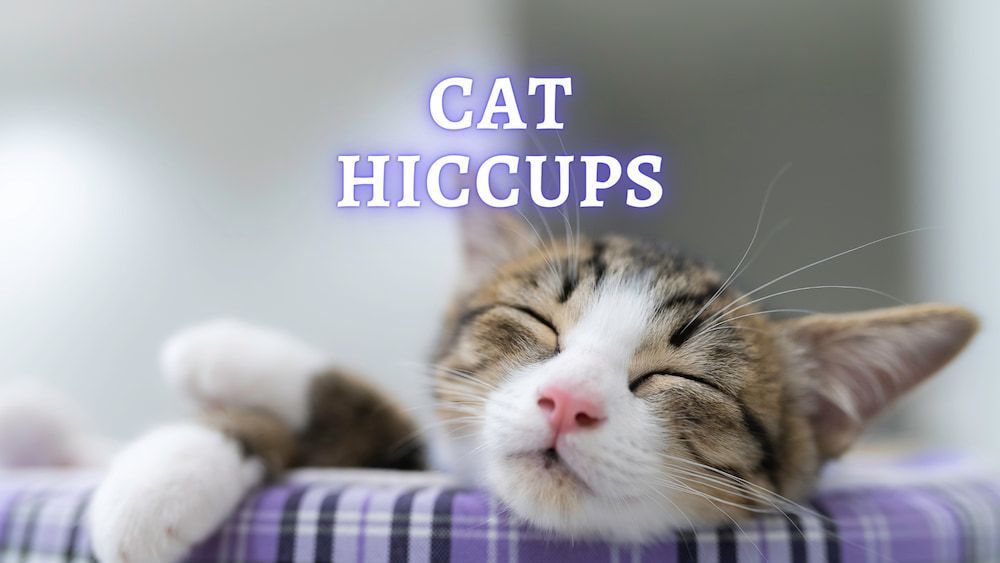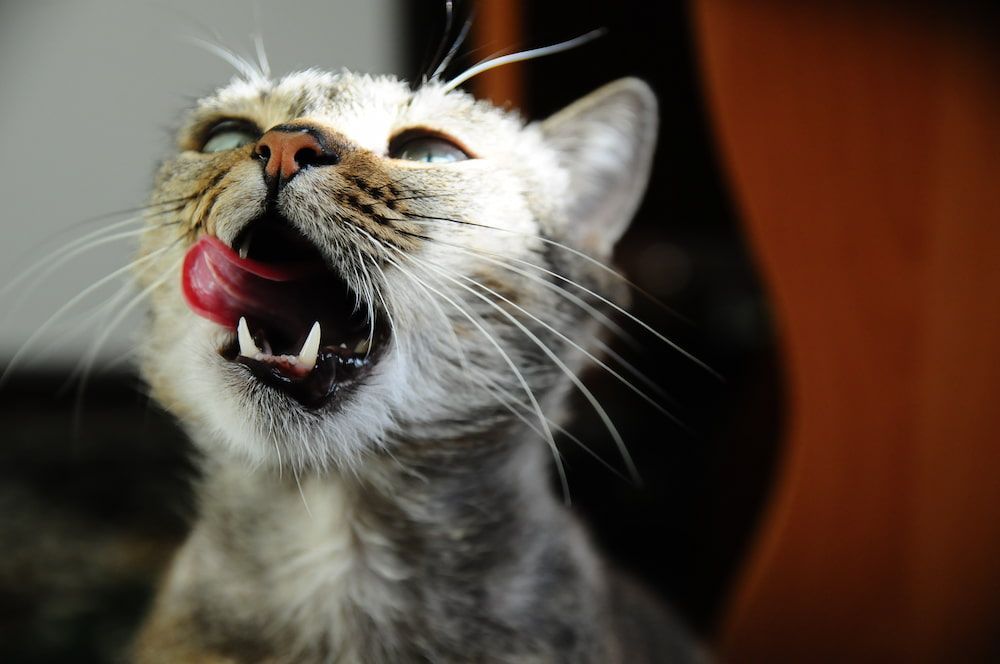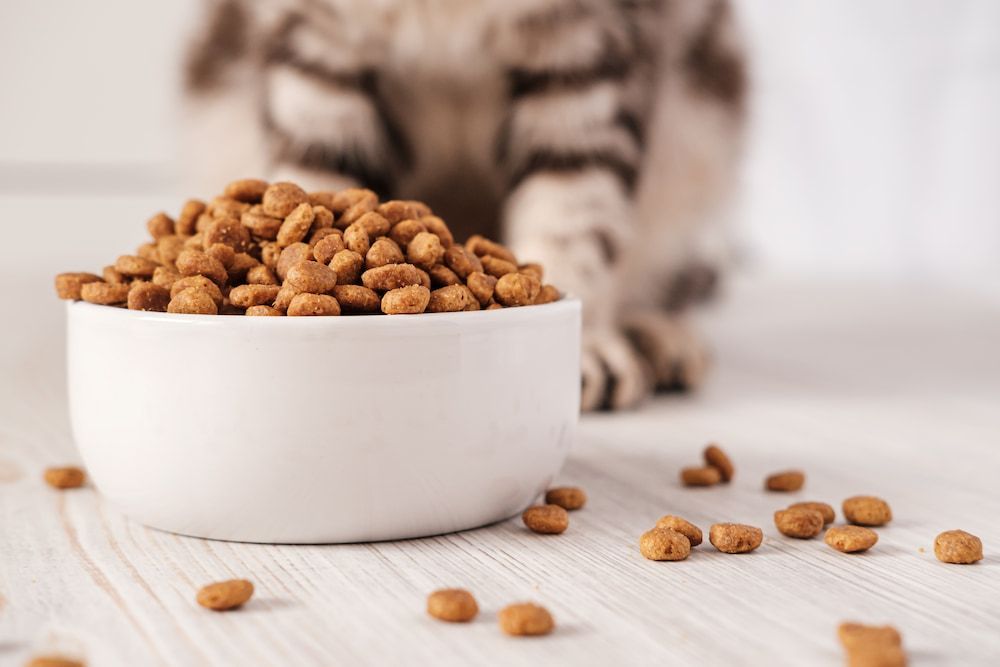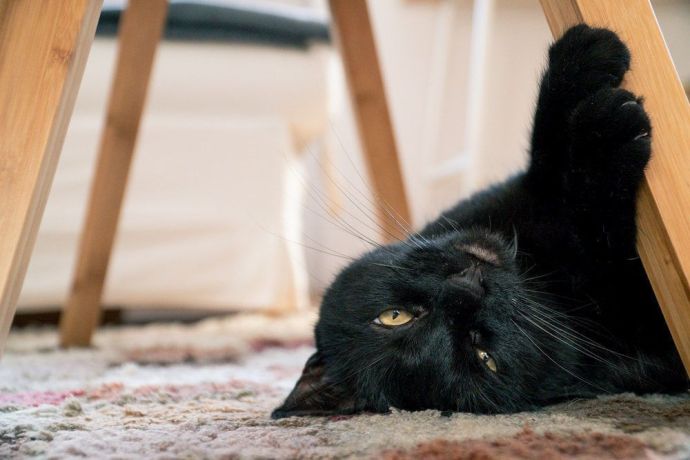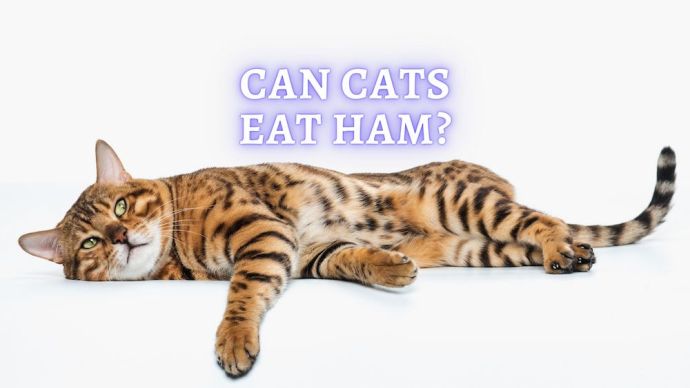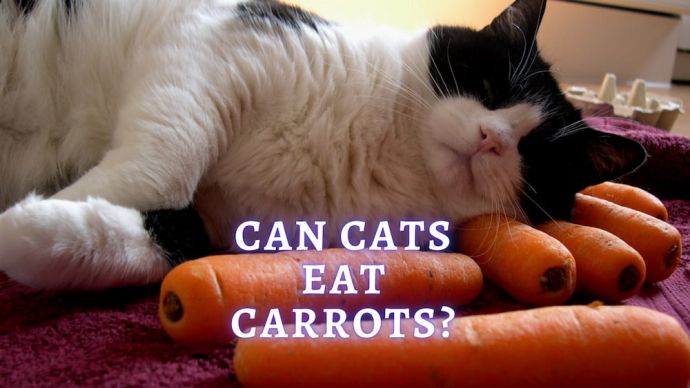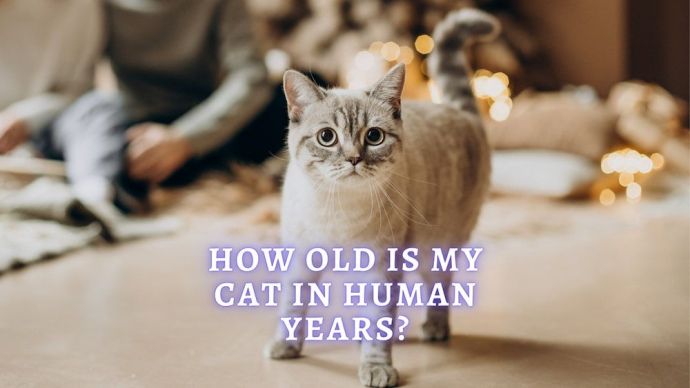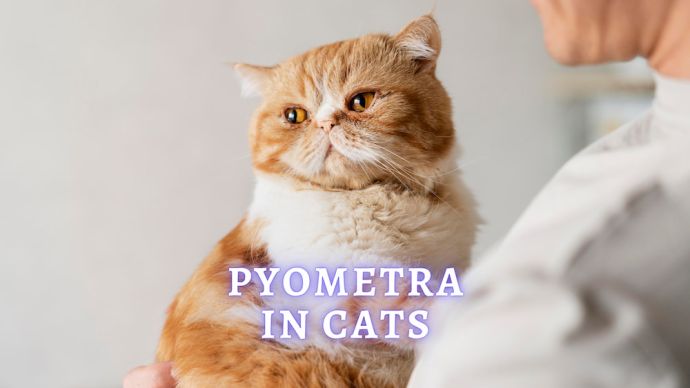Cat Hiccups: Why Cat Hiccups Happen & What to do about Them?
Written by:
Author: Carol Young
Carol has worked in specialty, emergency, mixed animal and general veterinary practices, and enjoys all aspects of veterinary medicine. Her special areas of interest include anesthesia, critical care, emergency, dentistry, internal medicine and small animal nutrition.
View all 62 articlesLearn about our editorial process and veterinary review board.
Viewed: 129
Updated on: 12/22/2022
As a pet parents, we all have seen our furry friends get the occasional hiccups, and you may wonder if it’s something to be concerned about. Both cats and kittens can get it, and the signs and symptoms are very similar to when humans. Although the once-in-a-while hiccup in your cat or kitten may not happen that often, it is quite common and typically nothing to worry about as it is a completely normal situation. However, frequent and non-stop hiccups may signify a medical issue and warrant a trip for veterinary guidance.
Why Do Cats Hiccup?
As with humans and other mammals, hiccups happen with the diaphragm, and attached muscles between the ribs and the abdomen contract suddenly. The diaphragm is the band of muscle that separates the chest from the abdomen and controls breathing. In cats, a flap (the glottis) protects the airway when a pet eats, and when this flap closes and traps air. It is essentially a spasming diaphragm.
Although hiccups are more common in kittens than adult cats, they can happen at any age and to any cat.
If you are wondering why pets get this, there may be several explanations:
- Eating too fast. Perhaps the most common cause of this in cats is eating too fast. When a pet eats without chewing the food properly and swallows air while eating that can lead to spasms.
- Hairballs. This occurs more often in long-hair breeds but can happen to any pet. If the throat is irritated by excess fur, the pet may try to loosen or cough up the hair with their throat muscles and cause hiccups.
- Overeating. Eating too much can also be cause, just like in humans.
- Anxiety. Sometimes cats who are sensitive to changes at home or any other emotional distress or suffer from separation anxiety can usually get hiccups. Pets who are stressed can pant and ingest too much air into their stomachs which is causing this.
- A medical problem. If your pet experiences frequent hiccups, there may be a medical reason, in which case you should contact a licensed veterinarian and schedule an appointment.
Why do Kittens Hiccup?
Hiccups often occur more frequently in small kittens than in older pets, and the reason may be that younger pets tend to eat faster than their older counterparts. Kittens grow fast and as a result, may have a voracious appetite, causing them to eat too fast. This results in swallowing air which can lead to hiccups. Depending on what a kitten is eating, whether it be dry or wet food, diet can also cause diaphragm contraction in youngsters.
Also, causes for hiccups in kittens include those listed above, such as hairballs, anxiety, overeating, and anxiety. It is important to remember that frequent and chronic hiccups in kittens may signify a larger problem like asthma, parasites, or heart disease. If your kitten hiccups a lot, you might want to contact your vet.
Cat hiccups after eating
Yes, pets can hiccup after eating, especially if they eat too fast. When a cat eats without chewing properly and swallows air while eating that can lead to diaphragmatic spasms. If your pet eats too fast, you may want to consider purchasing a slow-feeder or feeding frequent small meals to slow her down. You may also want to do some detective work and record what your pet is eating, how much, and the frequency of diaphragm contraction. This may help you find the root cause of the spasms and also help your vet to diagnose your feline friend correctly.
How long can cat hiccups?
In most pets, diaphragm contraction should last no longer than 12-14 hours and typically go away on their own. If your cat hiccups regularly after eating, it’s probably because your pet is eating too much or too fast, but it’s important to be observant. If you are worried about your pet and your cat has been hiccuping for more than several hours, contact a vet. Your veterinarian may be able to diagnose the cause of the spasms and offer some relief to your pet.
What to do when my cat hiccups?
If you have a pet that experiences bouts of hiccups, there are several things you can try at home to help, especially if the spasms are related to eating and drinking. However, before trying these suggestions, check with your veterinarian first.
- Smaller meals. Offering smaller meals more frequently throughout the day may help cats who suffer from diaphragm contraction. Also, you may try scattering dry kibble across the floor and dispursing food throughout your house or apartment. This approach can slow your pet down and stimulate her natural ‘hunting’ skills to find food.
- Slow feeders. The use of slow feeders, puzzle feeders, or bowls designed to slow down eating can also help some pets by forcing them to pace themselves at mealtime.
- Water. Since cats don’t drink a lot, it’s important that your cat has access to fresh drinking water at all times. This can help your cat digest her food effectively and lessen the chances of diaphragm contraction. It may also help to alleviate hiccups once they start. Some pets prefer running water or pet water fountains, and these products can stimulate pets to drink more. Also, it’s important to separate water from food bowls as cats like to have their water separate from their food.
- Hairballs. If hairballs cause cat hiccups, try switching to a hairball diet or introduce a dietary supplement meant to target hairballs and ease irritation to your cat’s throat. However, consult your vet before switching your cat’s diet to avoid any gastrointestinal distress.
- Also, try regular grooming and brushing to remove loose fur.
When to see a vet?
If your cat hiccups occasionally, then there’s typically nothing to worry about. However, if your feline friend has chronic diaphragm contraction or her spasms last longer than a few hours or re-occuring for more than a day, it could be a sign of a medical condition.
For example, if your pet has any other odd physical symptoms, for example, makes a squeaking noise when she breathes, wheezes, gagging or is having trouble breathing, get to your veterinarian immediately. It is always best to consult a specialist for veterinary advice if you have any questions or concerns. Your veterinarian can rule out any medical conditions and help treat your pet in time without risking worsening their health state.
READ MORE: Why is My Cat Snoring?
Conclusion
Both cats and kittens can get hiccups, and the signs and symptoms are similar to human diaphragm contraction. Hiccups should last no longer than 12-14 hours and typically go away on their own. If a cat eats without chewing properly and swallows air while eating that can lead to diaphragmatic spasms. It is always best to consult a specialist for veterinary advice if you have any questions or concerns about your pet’s health.
People also ask
Is it normal for cats to hiccup?
The answer to this question is yes if it only occurs occasionally. Hiccups are more common in young kittens than in older cats, but no matter what kind of cat you have, it can be concerning when you see your cat hiccuping for the first time. If your cat has experienced hiccups more than usual, it may be time to contact your local veterinarian.
What do I do when my cat has hiccups?
If your cat is experiencing hiccups, chances are they will go away. If you suspect that eating too fast is the cause, try a slow-feeder or a puzzle-feeder, or scatter her kibble across the floor. Also, make sure your cat regularly has access to fresh, clean water. Of course, if you are concerned, consult your veterinarian.
What causes cats to hiccup?
Hiccups are caused when the diaphragm contracts involuntarily at the same time as the glottis closes, irritating the nerve that runs to the diaphragm. In most cases, hiccups are caused by eating too fast or too much, causing a cat to swallow extra air. Sometimes, food allergies and feline asthma may cause hiccups as well.
How do I know if my cat has hiccups?
If you have not witnessed hiccups in your cat, you should know that they don’t sound at all like humans. A cat hiccup sound more like a subtle “chirp” or “gulp”. You will also notice that your cat’s diaphragm will be spasming during the episode. Most cases of hiccups resolve in time and should not be a serious issue. However, consult your veterinarian if you have concerns or questions.
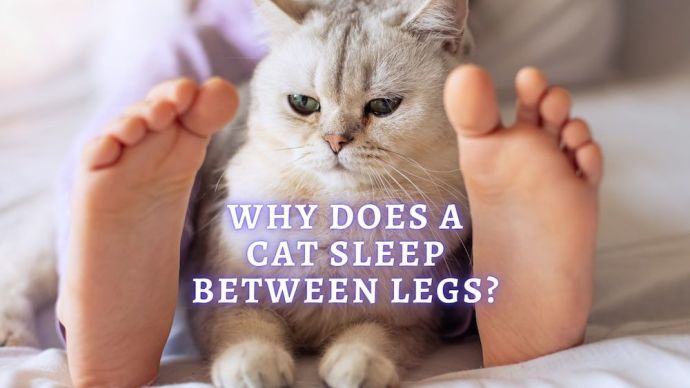 Cat Care Why Does My Cat Sleep Between My Legs? 7 Reasons Why Do Cats Sleep Between Legs
Cat Care Why Does My Cat Sleep Between My Legs? 7 Reasons Why Do Cats Sleep Between Legs - 143
- 0
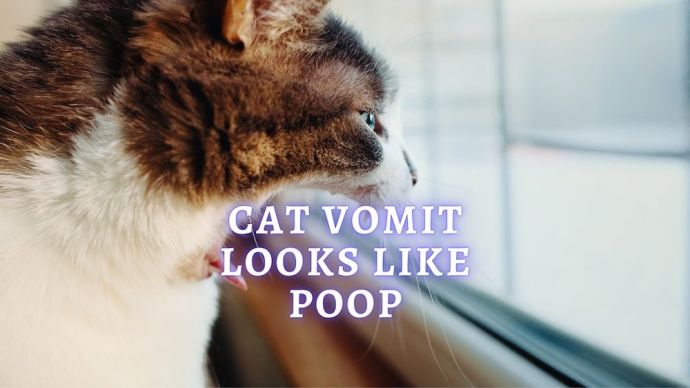 Cat Care Cat Vomit Looks Like Poop: What does your cat’s vomit say about their health?
Cat Care Cat Vomit Looks Like Poop: What does your cat’s vomit say about their health? - 2712
- 0
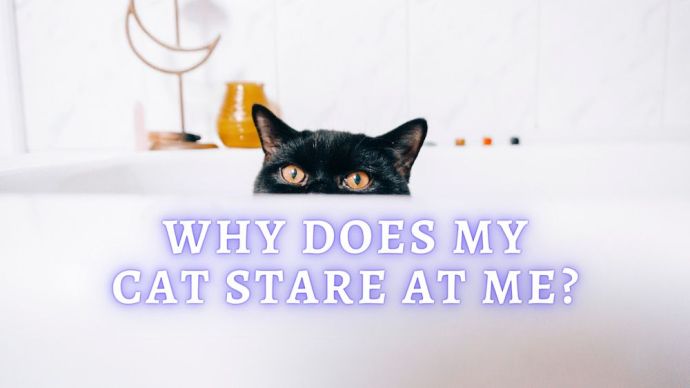 Cat Care Why Does My Cat Stare At Me? Cats Behavior and Body Language Explanation
Cat Care Why Does My Cat Stare At Me? Cats Behavior and Body Language Explanation - 189
- 0
 Cat Care Why Does My Cat Attack My Legs? 10 Reasons Why and What To Do About It (Vet-Approved Advice)
Cat Care Why Does My Cat Attack My Legs? 10 Reasons Why and What To Do About It (Vet-Approved Advice) - 45082
- 21
 Cat Veterinary Tips Cat Stomach Gurgling: Vet Advice on Why is Your Cat Stomach Gurgling?
Cat Veterinary Tips Cat Stomach Gurgling: Vet Advice on Why is Your Cat Stomach Gurgling? - 33729
- 4
 Cat Veterinary Tips My Cat Lost its Voice: Can Cats get Laryngitis? (Vet Advice)
Cat Veterinary Tips My Cat Lost its Voice: Can Cats get Laryngitis? (Vet Advice) - 22889
- 13









